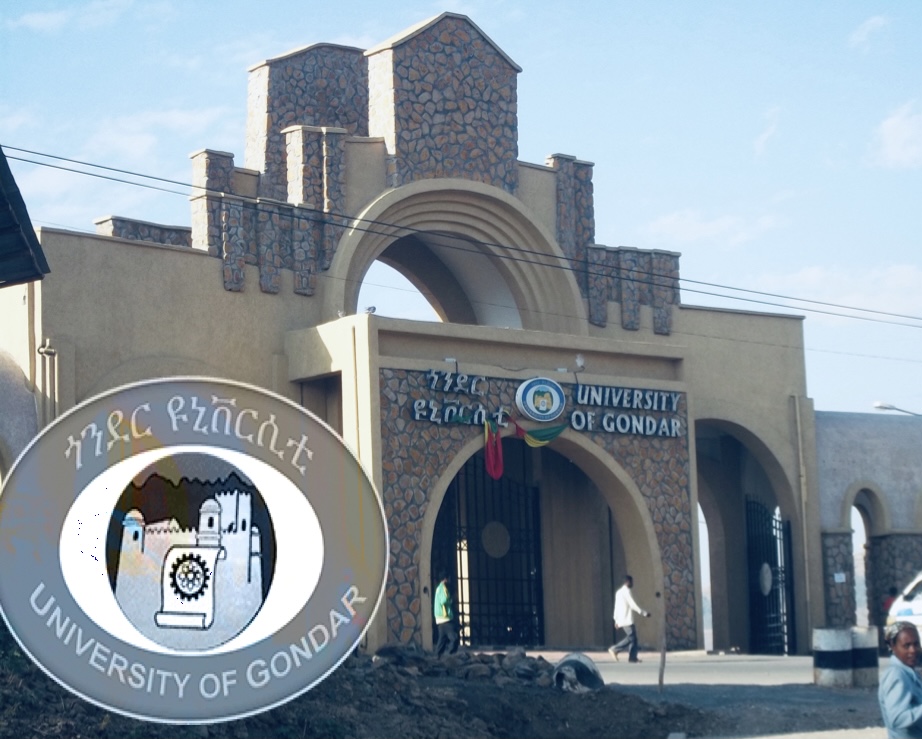One of the oldest Medical schools in the African continent and a premier Ethiopian institution, University of Gondar, accused the BBC of allowing a “defamation” to be published by the controversial freelance journalist Lucy Kassa
** Press Release: University of Gondar **
To: British Broadcasting Corporation (BBC) Regional Office, Nairobi, Kenya
Subject: Regarding Misinformation and Defamation carried out by the BBC
On May 7, 2022, an article was published by the British Broadcasting Corporation (BBC) titled “Ethiopia war: Evidence of mass killing being burned – witnesses” by freelance journalist Lucy Kassa alleging a group of University of Gondar experts, aided by Amhara militias, engaged in acts of burning so-called victims of Tigrayan mass graves. The article presents an unsubstantiated accusation that the team of experts orchestrated a plan to dispose of human remains by trucking in an “unknown chemical” which helped with the eradication of evidence. Moreover, the report also claimed that the BBC had contacted the University of Gondar for comments on the allegations and that the University “did not respond”.
The University of Gondar unequivocally rejects the defamatory allegations which are unbefitting to our educational Institution. The University of Gondar is one of the most respected research-based educational institutions in Ethiopia which is devoted to solving some of society’s pressing issues through evidence-based research and community engagement. As one of the few higher research institutions in the country, we have an immense responsibility to uncover and bring to light those issues that are of importance to the general population.
As part of the aforementioned mandated responsibilities, the University of Gondar has been conducting a yearlong comprehensive study of decades-long evidence on alleged gross human rights violations committed against the Amhara people living in Welkaite, Tegede, and Telemt by the Tigray People’s Liberation Front (TPLF). Consistent with human rights organizations’ standards and academic research integrity, the University’s research team discovered that thousands of Amharas were killed and buried in mass following the forceful annexation of the above-stated areas to the Tigray region in the mid-1990s. The research team uncovered a systematic consortium of mass graves the TPLF used to bury Amharas who participated in the resistance movement that was against the annexation of said lands into Tigray. The research team held a press conference regarding the findings on April 7, 2022.
The University of Gondar is shocked that a global news network with the stature of the BBC would publish such fabrications without an iota of evidence. The research team’s only motive is to scientifically investigate the reported acts of genocide committed against the local Amhara inhabitants in Welkite, Tegede, and Telemt over the past 40 years. No such evidence of “Tigrayan mass graves” was ever discovered as alleged by the free-lance journalist. However, if any such graves of Tigrayans were discovered, the research team and the University of Gondar would have been the first to acknowledge and provide the evidence.
Writing in a tone that resembles TPLF propaganda, the article’s goal seems to be to tarnish the meticulous research and reputation of our experts and the University of Gondar. Such journalism lacks integrity and is unscientific in its nature: which we believe is against the core values and mission of the BBC. The seriousness of the current accusations and the ill intent the report intended to inflict on our institution is a clear attempt to censor the freedom of scientific exploration. Loose and unsubstantiated claims without evidence, as reported by the journalist, can be detrimental to the mission and vision of education everywhere and must be investigated by the BBC with the utmost attention.
We believe the BBC, as an international news outlet, has a weighty responsibility to safeguard the scientific flow and dissemination of educational institutions’ research and a strict and methodical editorial process should be followed moving forward when defamatory reporting is made against institutions of higher learning.
We call on the BBC to retract this article, properly investigate the author, check the validity of the sources, and investigate the editorial process that was followed.
Respectfully,
Public and International Relations Directorate,
University of Gondar




